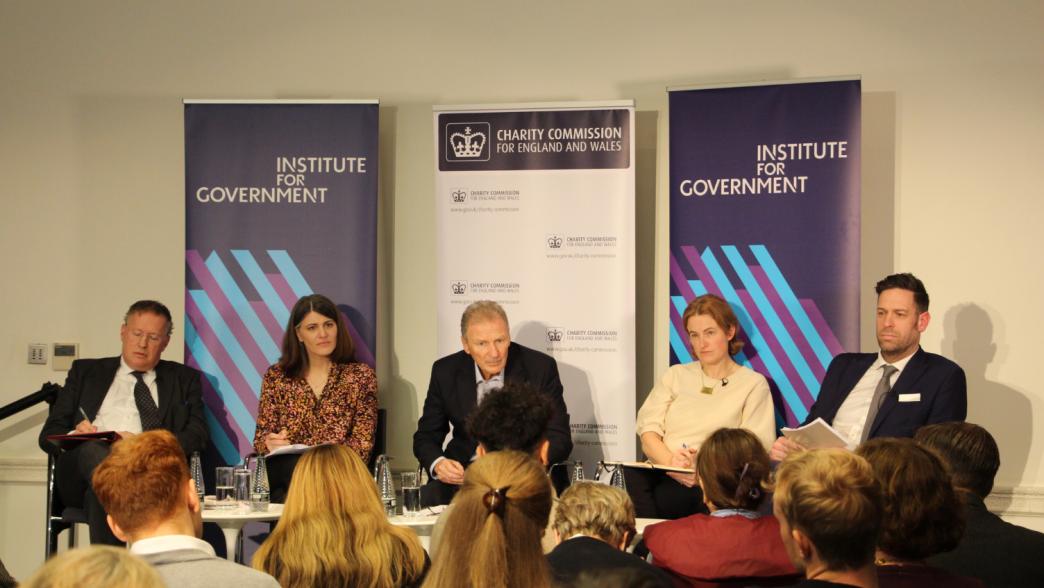Civil service impartiality: what can the UK learn from abroad?
The future of civil service impartiality is in the spotlight. What can the UK learn from other countries?

Watch the event
Listen to the event
Impartiality is a defining feature of the UK’s civil service – and one if its ‘core values’ – but the future of civil service impartiality is in the spotlight.
Brexit, and the strained relationship between ministers and civil servants that characterised the Johnson and Truss governments, have seen ministers accuse officials of obstructing their agendas, with Dominic Raab attacking “increasingly activist” civil servants when he resigned from government.
The ability of an impartial civil service to serve governments of any political persuasion has been widely acknowledged as one of its strengths for generations, but recent tensions have led to calls for more political appointees in government.
So what can the UK learn from other countries? How do different governments approach the question of civil service impartiality? What are the benefits – and risks – of political appointments? And what is the right balance between impartial officials and political appointees?
To explore these questions, and identify any lessons for the UK, the IfG brought together a panel of experts from around the world, including:
- Dr Catherine Haddon, Programme Director at the Institute for Government
- Professor Donald Moynihan, McCourt Chair at the McCourt School of Public Policy, Georgetown University, Washington D.C
- Peter Woolcott AO, former Australian Public Service Commissioner
This event was chaired by Alex Thomas, Programme Director at the Institute for Government.
Follow us on Twitter @ifgevents and join the conversation using #IfGcivilservice.
Our experts

Alex Thomas
Programme Director

Catherine Haddon
Programme Director
- Topic
- Civil service
- Administration
- Sunak government Truss government Johnson government
- Department
- Cabinet Office
- Public figures
- Rishi Sunak Dominic Raab
- Publisher
- Institute for Government